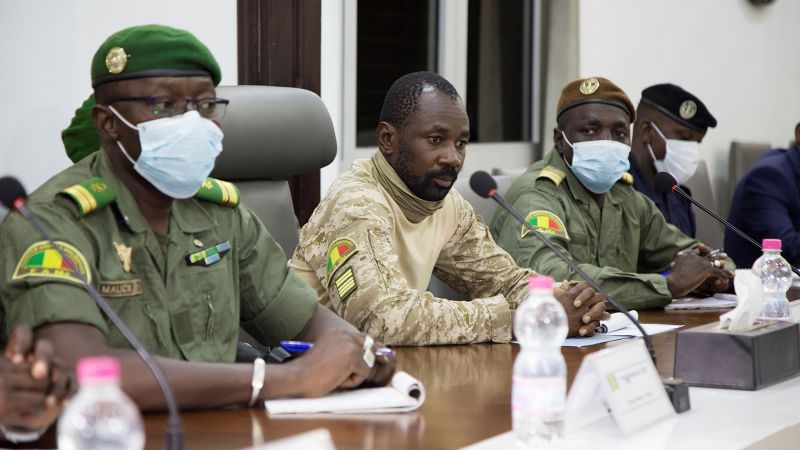The recent decision by the junta in Mali to lift the suspension on political party activities marks a significant development in the political landscape of the country. This decision comes after months of restrictions following the military takeover in August last year. The move has been welcomed by many as a step towards restoring democracy and allowing for a more inclusive political process in Mali.
The suspension on political party activities was put in place by the military junta shortly after the coup in August 2020, which ousted President Ibrahim Boubacar Keita. The junta justified the restrictions by citing the need for stability and security in the country. However, critics argued that the ban on political parties was a violation of democratic principles and an infringement on the rights of citizens to participate in the political process.
The decision to lift the suspension on political party activities comes as the junta is facing increasing pressure from the international community to transition power back to civilian rule. The move is seen as a way to demonstrate a commitment to the democratic process and to address concerns about the military’s grip on power in Mali.
The lifting of the ban on political parties is expected to open up space for political parties to resume their activities, including organizing rallies, meetings, and other political events. This is seen as a positive step towards allowing for greater political participation and engagement among the population.
Despite the lifting of the suspension, challenges remain for Mali as it moves towards a transition to civilian rule. The country continues to grapple with security issues, a struggling economy, and political instability. The junta will need to work closely with political parties, civil society groups, and other stakeholders to ensure a smooth and peaceful transition to civilian rule.
The international community will also play a crucial role in supporting Mali during this critical period. The lifting of the ban on political parties is just one step in a larger process of restoring democracy and stability in the country. Continued engagement and assistance from international partners will be essential in helping Mali navigate the challenges ahead and build a more inclusive and democratic political system.
In conclusion, the decision by the junta to lift the suspension on political party activities in Mali is a positive development that signals a willingness to engage in the democratic process. However, the road ahead remains challenging, and much work needs to be done to address the underlying issues facing the country. With the support of the international community and a commitment to dialogue and collaboration, Mali has the opportunity to chart a path towards a more stable and democratic future.

